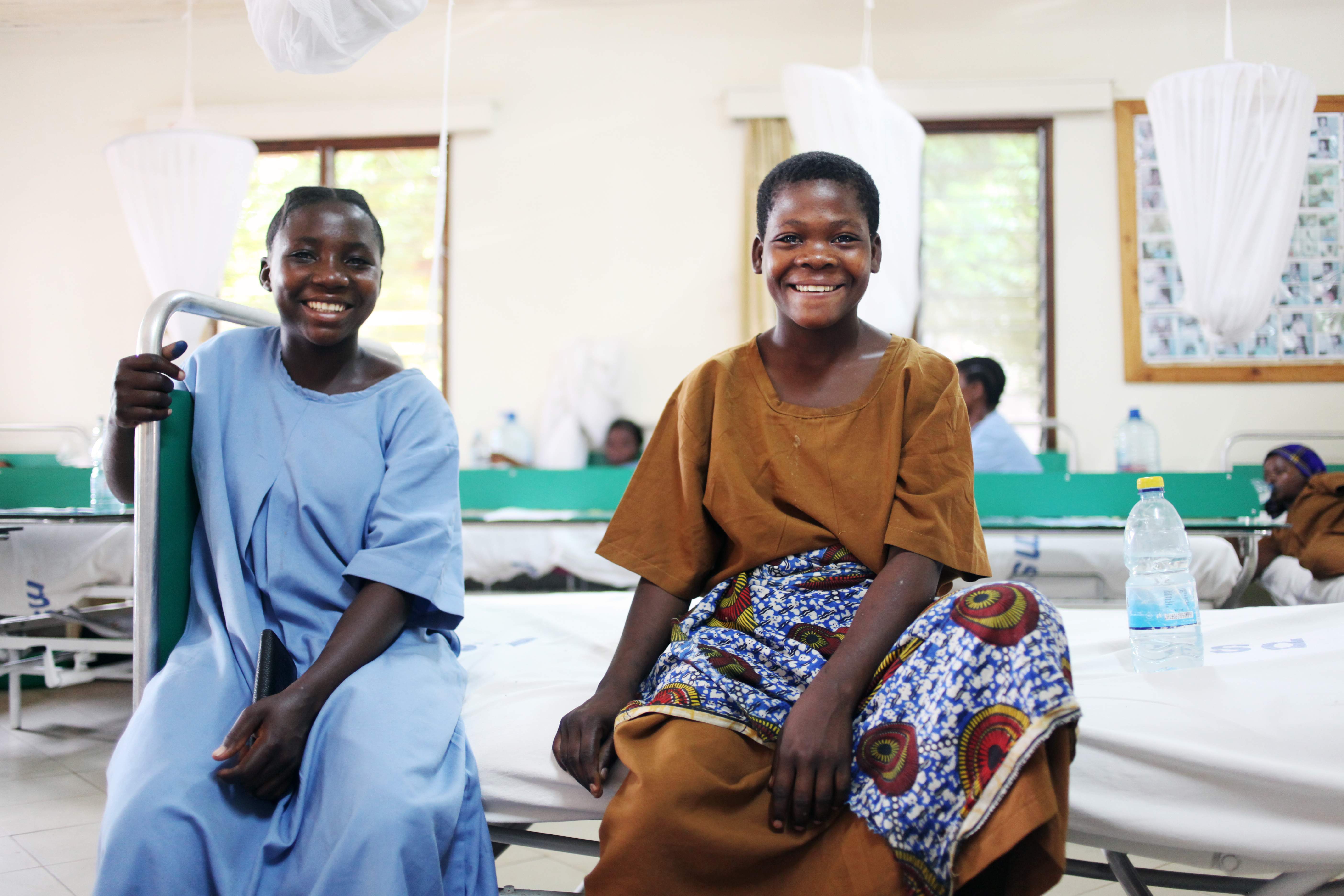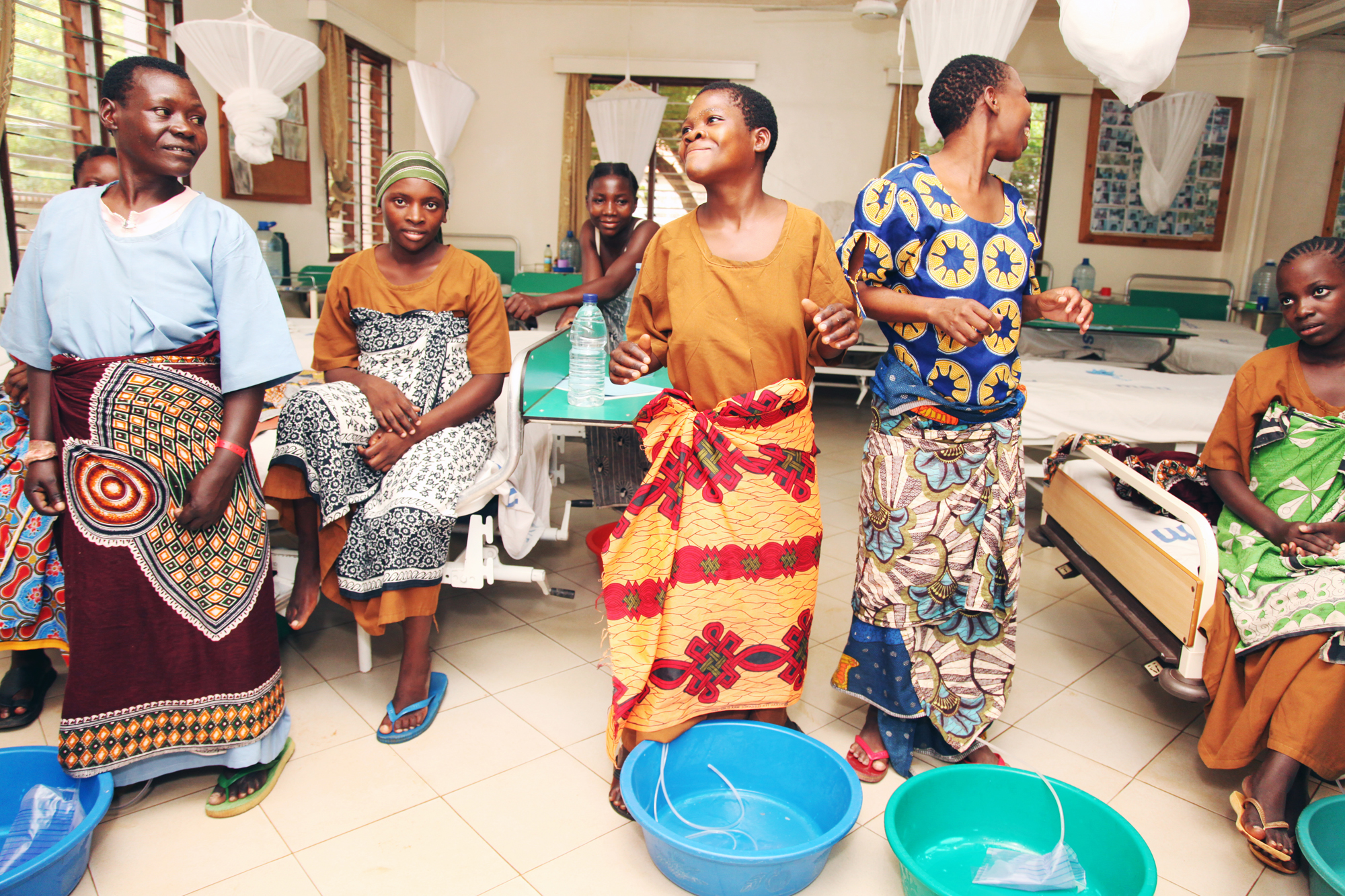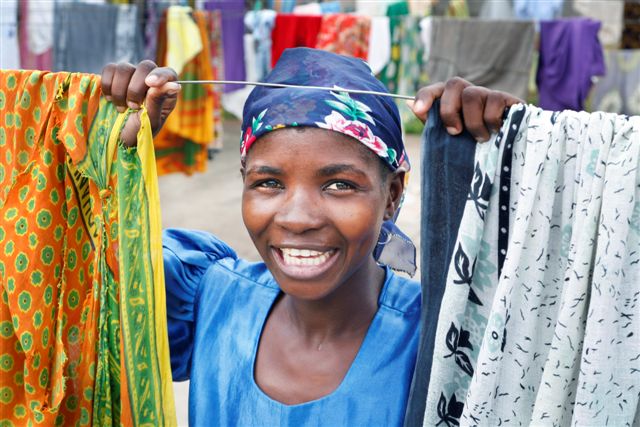Spotlight on Obstetric Fistula: Giving women another chance
Obstetric fistula is just one of the preventable disabilities that is treated through our work at CCBRT in Dar es Salaam, Tanzania. Fistula is a debilitating condition that causes chronic incontinence as a result of prolonged obstructed labor without timely medical intervention. There are up to 3,000 new cases of obstetric fistula in Tanzania every year, and around 1,000 surgeries conducted nationally each year, tragically leaving a backlog of women who are living with the condition without seeking treatment.
Recent data recognized that our program at CCBRT is one of the largest surgical obstetric fistula repair programs in the world.
“This is exactly the kind of program we strive to fund at Fistula Foundation. CCBRT has emerged as a global leader in fistula treatment and as a trailblazer in the use of M-PESA for patient identification and transportation,” said Kate Grant, CEO of Fistula Foundation, which has provided financial support for CCBRT’s fistula work since 2009.
Treating obstetric fistula, while vital to improving the health and welfare of thousands of women living in extreme poverty and isolation, will not address the root cause of the problem. We are addressing the gap in accessibility to safe, quality maternal and newborn healthcare in Tanzania by building our new Maternity and Newborn Hospital, as well as through working with lower-level health facilities in the Dar es Salaam region to strengthen the maternal healthcare system.
We don’t just do the surgery. We start with raising awareness in the community, we break down the transport barrier to receive care, and we take a comprehensive approach to treatment, recognizing that the damage caused by living with obstetric fistula is not only physical.
Raising awareness in the community and breaking down the transport barrier
We maintain an extensive awareness raising campaign through radio, TV, fliers and a network of over 500 “ambassadors” who identify women with obstetric fistula and facilitate their referral to the hospital for treatment using Vodafone M-PESA (mobile money transfer). Using mobile money transfer breaks down one of the primary barriers to seeking treatment by enabling women to cover the transportation cost. In the first year that the M-PESA program was introduced, we saw a 65% increase in the number of patients seeking treatment. When a patient is identified, an ambassador calls the CCBRT Fistula Hotline number, the team confirms the diagnosis and then sends money via M-PESA mobile money to pay for transportation to the hospital. The ambassador buys the patient’s ticket and escorts her to the bus. When she arrives in Dar es Salaam, she is met by a member of the CCBRT team and escorted to the hospital for treatment.
A holistic, comprehensive approach to care
Beyond the physical injury, obstetric fistula has a tremendous psychological impact on affected women. The trauma of the delivery that caused the fistula to develop is devastating for many patients. Approximately 90% of women treated lose their baby, and many face marginalization and discrimination from their families and communities due to the fact that they are leaking urine or feces. Women with obstetric fistula are often unable to work, and many are forced into extreme poverty as a result of their condition. At CCBRT, we have established a comprehensive holistic care program to address the psychological condition of patients, improve basic health education and awareness and provide women with the tools and self-confidence to be able to reintegrate into their communities. We also provide group and individual therapy sessions and music and handicraft workshops to provide a creative outlet and arena to bond with other patients and develop a support network of women going through the same trying ordeal.
In a 2013 survey of former fistula patients, 92% of women said that the operation was life changing and 96% felt more accepted and supported by their communities. In 2014, we have a goal of treating over 750 women and giving them another shot at life.




